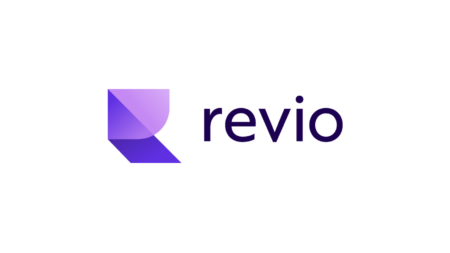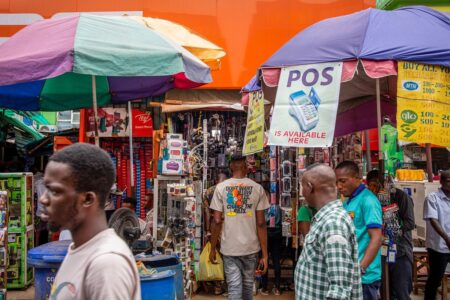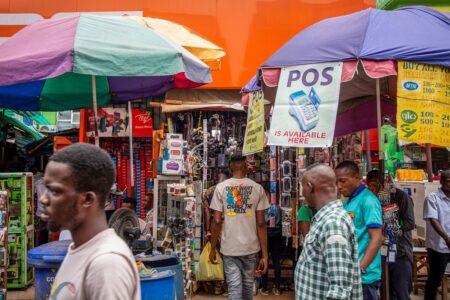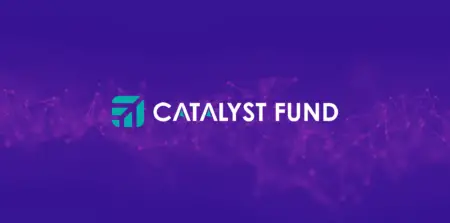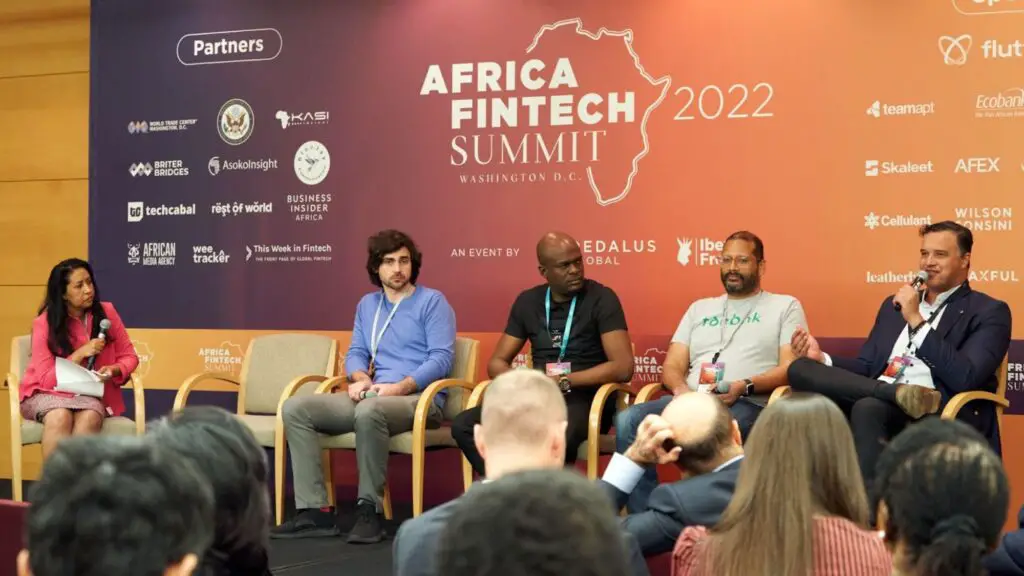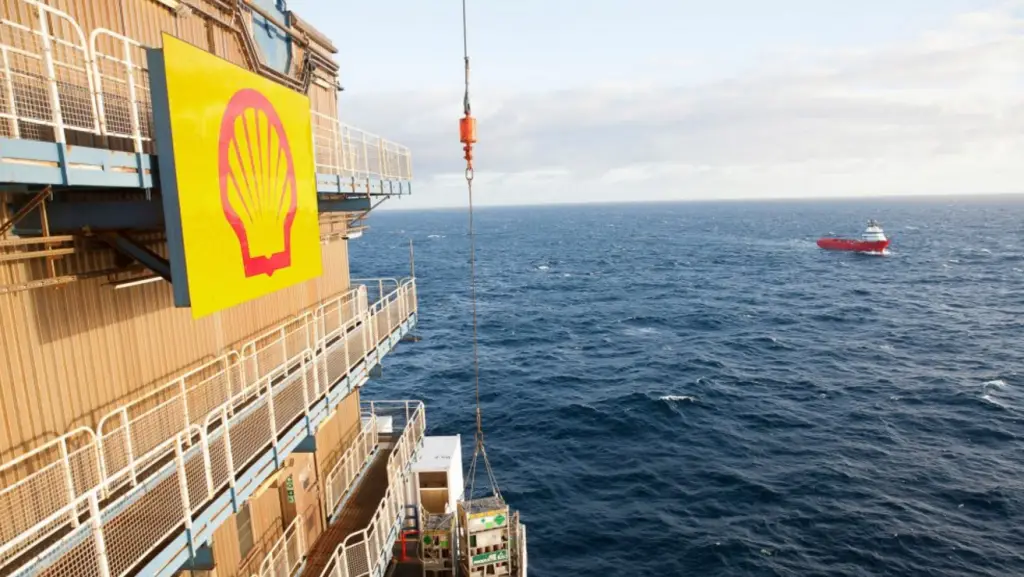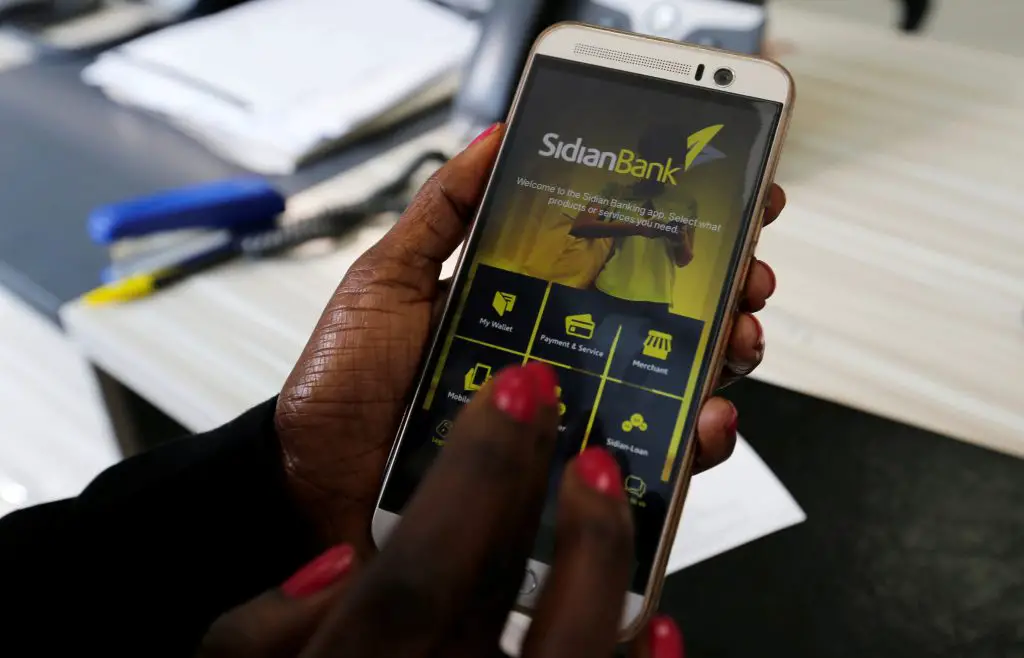- Africa’s new dawn: the rising role of digital and AI in agriculture
- Can Dangote Refinery Transform Africa Energy Ambition
- Gallup Survey: 80 per cent of Kenyan Workers Are Disengaged and Seek New Opportunities
- Madagascar Man Freed from 5KG Tumor After 15-Year Struggle
- How women in Africa are perceived and treated
- Sugar consumption in Kenya to Increase to 1.23 Million Tonnes
- Can Somalia and Turkey Oil deal Bring Change in Somaliland
- Remittances to Kenya dropped to $371.6 million in June, marking a six month low
Browsing: Africa Fintech
- The South African payment platform has raised $5.2 million in seed funding.
- Revio fintech has focused its efforts on providing real-time action via different channels like SMS, Email, or Social media.
- With the $5.2 million, Revio fintech intends to expand its services to over 25 African markets.
Africa’s fintech industry is among the fastest and youngest franchises that emerged in the past decade. Its lucrative market has attracted numerous investors and innovators, each trying to gain a piece of this trillion-dollar market. In the latest development, the South African Payment platform, Revio fintech, secured a $5.2 million seed funding from QED Investors and Partech Africa. With this funding, SA’s road to dominate Africa’s digital industry is shaping up quite nicely.
Africa’s fintech industry is one of the most recent economic activities, barely two decades old. Blockchain technology, one of the primary highlights of the 4IR, has redefined how we approach …
- Today, many Africans struggle to manage their finances, often using up their salaries before they even receive them.
- This struggle is partly due to a failure of financial inclusion, which is a chance for all individuals to access financial tools.
- Financial inclusion is a means of reducing inequality and bridging economic gaps.
Financial inclusion is a concept that transcends economic borders, embodying the idea that access to financial services is a fundamental human right that can empower individuals to build wealth and improve their lives.
While financial inclusion might appear irrelevant to those who seemingly have access to financial tools, it’s imperative to recognize that a significant portion of the global population, particularly in Africa, still faces barriers to formal financial services.
According to the World Bank’s 2021 Global Findex report, up to 38 percent of adults in developing countries remain unbanked.
Financial inclusion means bridging gaps
At its core, …
- Rwanda and Kenya lead E. Africa in the list of most entrepreneurial countries in Africa.
- All other five East African countries do not make Africa’s top 10 list.
- Fintech remains the leader in entrepreneurship growth in Africa.
Entrepreneurship is growing at a tremendous rate across Africa and is to date the most powerful catalyst for economic growth and creation of employment for youth.
According to the UN Assistant Secretary-General and Director of the UN Development Program Ahunna Eziakonwa, digital innovation is the leading enterprise in Africa.
Entrepreneurship, a solution to poverty
The diplomat also recognizes the diversity that Africa’s vastness offers numeurous opportunities but on the other hand creates new challenges to ‘creating universal solutions for issues such as poverty and food security, because each country has its own capacity for innovation.’
“I think one of the flaws in development practice in the past has been taking Africa almost as …
- The use of digital solutions is revolutionizing all kinds of financial transactions from making simple payments to borrowing and lending.
- With mobile phone and internet penetration rising at a phenomenal phase, even the remotest parts of Africa can now access financial services through their mobile phones.
- The World Bank: It is time for policymakers to embrace fintech opportunities and implement policies that enable and encourage safe financial innovation and adoption.
Financial technology or the application of digital tools to streamline financial services more commonly known in the short form Fintech, is reshaping the future of financial services and creating a boom for investors in the fast-growing segment.
The use of digital solutions is revolutionizing all kinds of financial transactions from making simple payments to borrowing and lending. Be it your next investment portfolio or your insurance, you name it, almost any financial service you can think of can now be …
- The fintech industry is Africa’s financial inclusion solution for all vulnerable groups including women.
- Sub-Sahara Africa, fintech startups recorded 894% year-on-year growth in funding in 2021
- More than 400 million new mobile subscribers expected to sign up globally by 2025
A report published by McKinsey claims that the number of tech start-ups in Africa tripled to around 5,200 companies between 2020 and 2021 and just under half of these are fintech startups.
In the report titled ‘Fintech in Africa:The end of the beginning’ McKinsey shows that in line with global market leaders, the African fintech industry enjoyed revenues of between US$4 billion and US$6 billion in 2020 and average penetration levels of between 3 and 5 percent.
The fintech industry is Africa’s financial inclusion solution for all vulnerable groups including women, the elderly, and the larger section of the population in remote rural settings.
“What you have here is not …
- In 2015, BFA Global launched the Catalyst Fund to support and manage early-stage inclusive fintech startups.
- Assuraf is an African startup that attempts to deal with the harmful norms of insurance coverage within the content.
- Located in Kenya, Octavia is one of the twenty companies building DAC technology globally.
Catalyst Fund, a pre-seed VC fund and a startup accelerator in Africa, recently announced that 10 African startups had been accepted within their program. The Fund has announced a $2 million investment in the startups that are building and improving Africa’s ecosystem.
BFA Global launched the Catalyst Fund in 2015 to support early-stage inclusive fintech startups. The Fund offers affordable, accessible and appropriate digital financial solutions.
Despite focusing its reach among African innovators, it still has a global viewpoint. Initially, the Bill & Melinda Gates Foundation, JPMorgan Chase & Co., and fiscal sponsorship from Rockefeller Philanthropy Advisors baked up the pre-seed …
According to the World Economic Forum, artificial intelligence (AI) can contribute up to USD 15.7 trillion to the global economy by 2030. However, in Africa, AI market growth has stagnated, estimated at USD 870 million in 2021, with marginal growth forecasted until 2024.
It has been argued that continents in the Global South will continue to benefit less from AI than those in the North. Oxford Insights highlights bottlenecks that have handicapped the growth of AI in Africa including governments requiring the appropriate regulatory environment to support AI development – including adequate data infrastructure, and an innovative vision to implement progress at the state level.
Nonetheless, AI adds invaluable value to multiple industries in Africa (such as fintech and agritech), and progress is being made in key areas to harness the power of AI in the continent. Through the continued development of reliable and far-reaching internet infrastructure and progressive AI …
With financial inclusion in mind, governments are taking notice and offering more supportive regulatory frameworks, ever further assuring that the African fintech industry growth rivals that of more mature markets, the likes of Vietnam, Indonesia, and India.
Despite the high potential seen in East Africa, with countries like Kenya standing out, South Africa still commands approximately 40 per cent of the industry revenues.
On the western part of the continent, too, in places like Ghana, growth is at 15 per cent per annum and will only get higher all through 2025. Then you have the larger economies coming in; Nigeria and Egypt are both expected to enjoy annual growth rates of 12 per cent over the same period.
While growth rates at this early stages are higher in less developed East African countries, economies with more mature financial systems and digital infrastructure, the likes of South Africa stand a greater …
- Tanzania has signed an energy deal to export natural gas
- Tanzania’s 4th energy summit to open new investment options
- Tanzania allays environmental concerns over offshore energy works
Following the success of the previous Tanzania Energy Congress (TEC), the organisers will now host the 4th TEC edition in Dar Es Salaam from 3 – 4 August 2022.
The two-day summit comes against the backdrop of the just signed liquefied natural gas (LNG) deal between the Tanzanian government and several international energy companies.
This June, Tanzania signed an agreement with Norway’s Equinor and Britain’s Shell to start construction of a $30bn project to export liquefied natural gas (LNG) from the East African economic giant.
In the wake of the signing, stakeholders are looking to discuss the opportunities that will arise from the deal. No other get-together will bring more stakeholders to one venue to discuss the pros and cons of this …
With over 548 million registered mobile money users in sub-Saharan Africa, increased internet access and readily available mobile money solutions, the FX market has become accessible to the majority of Africans.
The availability of mobile money payment solutions has seen an increase in the creation of fintech startups created solely to cater to Africans interested in trying their hand at trading in both local and international FX markets.
Firms including Exness, XM.com, Avatrade, CM Trading, Tickmill and Chipper Cash among others all reported a significant growth in trading in 2020. A testament to the growing trading culture driven by fintech across the continent.…





